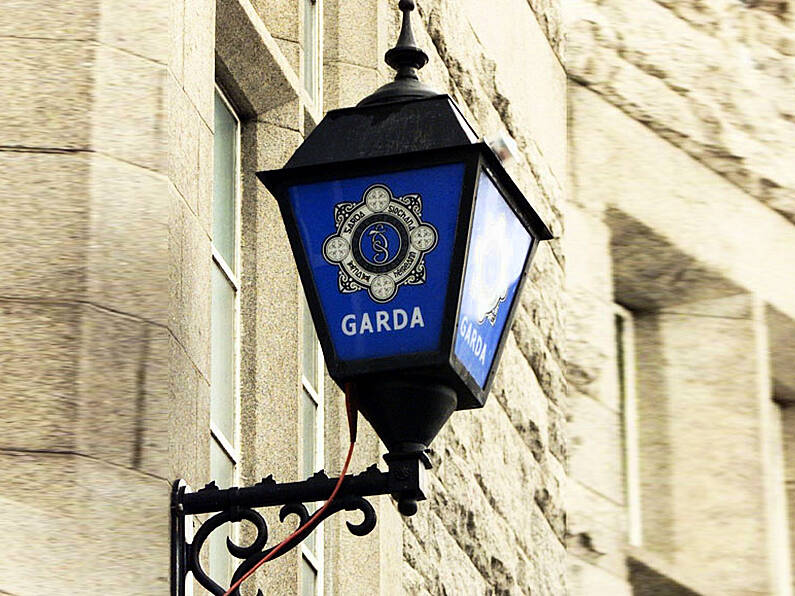The chairperson of the National Missing Persons Helpline, Dermot Browne, has welcomed the Presumption of Death Bill passed by the Oireachtas on Wednesday, but he said he would have liked it to have been connected to the Coroner’s Act.
Under the new legislation families of missing persons presumed dead will no longer have to wait seven years to deal with their estates.
Families will be able to apply to the courts for a presumption of death order where a judge will then allow a death certificate to be issued.
Under existing laws, a person cannot be declared dead until they are missing at least seven years even in cases where a body has not been recovered after an accident.
There is no provision for a death certificate to be authorised, which means that assets such as life insurance policies cannot be processed, nor can any decisions be made in relation to a missing person’s estate because their remains have not been found.
The Civil Law (Presumption of Death) Bill was originally introduced under another name five years ago as private members’ legislation by Fine Gael Senator Colm Burke.

Fine Gael Senator Colm Burke.
He then resubmitted it after the 2016 general election with the support of Independent Senators Lynn Ruane and Marie Louise O’Donnell.
Mr Browne told RTE radio’s Morning Ireland that there can be a huge emotional and practical impact on those left behind. “Families are left in limbo.”
Many face difficult situations such as “keeping a roof over their head” especially if the missing person was the main breadwinner or a business owner. “The effects are immediate and long-lasting.”
He welcomed that there will now be a clear and orderly procedure.
Under the new law finally passed by the Seanad after amendment by the Dáil, provision is made for a presumption of death order where the circumstances under which a person went missing make death virtually certain or where the length of their disappearance shows it is highly likely death has occurred.
This will make a big difference for families, he said, especially in cases where there are claims for insurance policies.
However, he feared that the headings of the Bill could be open to interpretation which is why he would have liked to see it connected to the Coroner's Act.
Mr Browne said: “It would be good to see a total solution.”






